Dynamic-pricing laws in the UK would punish hoteliers more than help consumers
The furor over dynamic pricing in pubs in the United Kingdom has bought the model back into the public eye mere months after the kerfuffle over the Oasis tour tickets. This time, the branch of O’Neills on Wardour Street in Soho has added a £2 surcharge on drinks after 10 p.m.
“Most hospitality businesses and retailers deploy a form of dynamic pricing, but this means that prices can both rise as well as fall through tactical discounts being offered in the form of time-limited promotions and fixed price menus,” O’Neills brand owner Mitchells & Butlers said. “Dynamic pricing varies on a site by site basis as it reflects the local market conditions, but temporary price increases tend to reflect the need to offset additional costs such as at times when door security is required.”
Reports in the press suggested that the pub was informing clients of the pricing policy via a sheet of A4 paper at the end of the bar.
Just as drinkers were complaining about pints nearing the £10 level, the Competition & Markets Authority announced that it had opened a project to consider how dynamic pricing was being used across different sectors of the economy.
The project will gather views from businesses in various industries — including travel and leisure — that are using pricing practices that may be considered dynamic pricing. It will also engage with a number of stakeholders such as consumer groups and other regulators to obtain their views.
“Dynamic pricing — where a business adjusts its prices (upwards and downwards) according to changing market conditions — is not in itself unlawful. However, where businesses use dynamic pricing or other complex pricing systems, they must not mislead customers about their prices, and must be transparent about how prices are set,” The CMA said.
If it is the case that O’Neills was not adequately displaying its prices, that is an issue. But is the very act of dynamic pricing something the government should ban?
The consumer continues to be able to exercise choice in where they drink, where they sleep, who they use to fly to their break. They can leave the O’Neills and go down the road to drink in a club which will openly charge them £10 to cover the cost of the doorman they need after 10 p.m.
It may seem new, but the pub sector is no stranger to dynamic pricing. It used to be called a Happy Hour, for which there were few customer complaints, but plenty of objections from government.
Businesses across hospitality must find ways to adapt to additional costs. There’s the increase in National Insurance, the lowering of the threshold for employer contributions and uncertainty over business rates. All these factors will undoubtedly mean that prices will have to go up, because how else can we make money? Do we start charging an entrance fee? Do we have a whip round after 10 p.m. to pay for the doorman?
Hospitality is not a public service; each hotel is a commercial enterprise. Hotels are at the heart of every community and it is hoteliers’ joy and pride to be there. But unless the government wants to get into the business of running pubs and hotels, there has to be an incentive for people to start businesses other than providing a lovely place for people to hang out.
If, however, we are to be treated as essential businesses, then we must also be supported by government. The government isn’t telling the brewers and the drink suppliers to keep their costs low. Historically, the government has increased taxation and alcohol duties; they’re forcing the price up from below. If they wish to comment on what we charge, they must take responsibility for their role in our costs.
When there is high demand, should hotels be allowed to increase their prices? I think so. The guest has a choice whether they pay it or not as other hotels are available. If we are to have price controls set by government, does this not effectively create a cartel whereby all hotels are charging a pre-agreed price?
Surely the attraction of profit means that more people will want to go into business to be able to provide a service and compete with the existing businesses, which in theory will benefit the consumer.
This is not to say that we should have a laissez-faire approach to the economy. The government should protect the consumer from nasty surprises when they get their bill. But should the government be acting to protect us from making a profit? There is no benefit for anyone there.
As members of the hospitality sector, we are motivated by a desire to create memorable experiences, to add something to people’s lives. And that is very rewarding. But do you know what helps keep those memorable experiences alive? Profit.
Robert Holland is managing director for the U.K. and Ireland at HotelPartner Revenue Management.



